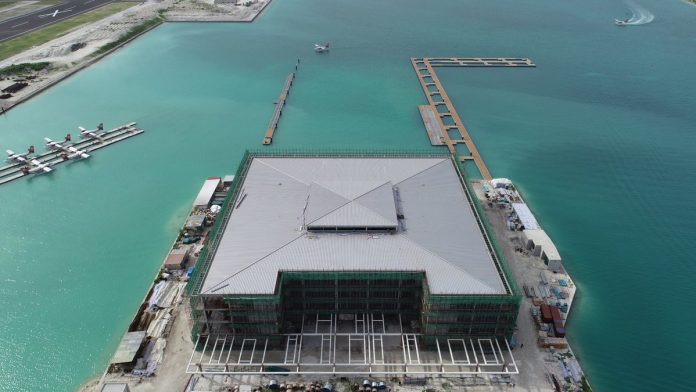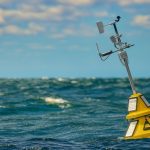After appearing yesterday before the People’s Majlis Public Accounts Committee, Trans Maldivian Airways (TMA) sought to clarify four key points of direct relevance to its agreement with Maldives Airports Company, Limited (MACL).
First, in December 2019, a leaked report from the Auditor-General’s Office, parts of which were published in the media, suggested that MACL could earn an incredible $47.3m per year from operating the new seaplane terminal, with much of the revenue coming from seaplane lounges. An audit report by an internationally respected audit firm shows that TMA in fact made U.S. $2.1m in lounge revenue in 2017, $2.4m in 2018, and $2.8m in 2019. The figures have been shared with the Auditor-General’s Office and relevant government departments. This demonstrates the Auditor General’s report has grossly over-estimated how much money the new seaplane terminal’s lounges could generate.
The real issue with the Auditor General’s report is the assumption that resorts and passengers using a seaplane lounge in the new terminal can be charged hugely inflated prices, compared to what they currently play. The Auditor General’s report assumes that resorts who have a seaplane lounge will pay approximately U.S. $105 per passenger, which is simply shown by dividing the estimated revenue of $47.3m by the 450,000 seaplane passenger departures last year. At present, the typical passenger spends an average of 45 minutes waiting in a lounge before boarding their seaplane to a resort; meaning the cost for a typical family of four would be $420 just to use a lounge for a brief period of time before their flight.
Second, there have been inaccurate media reports suggesting that TMA would be paying below market rates for its facilities at the new seaplane terminal. In fact, the rates to be paid by TMA under its existing commitment will enable MACL to recoup its investment in the seaplane terminal in about 5-6 years, lower than the 8-12 year repayment period for a typical
infrastructure project. Specifically, under this written commitment, TMA would pay approximately U.S. $4.5 million in fixed and variable charges. According to MACL, the new seaplane terminal cost the Government U.S. $26 million and this would enable payback in about 5-6 years. This does not include payments that would be made by other operators in the new seaplane terminal, reducing payback even further.
Third, the other point the Auditor General’s report does not emphasize is that TMA is being required, against its will, to surrender its existing facilities without compensation. TMA previously built its current infrastructure at the airport from nothing, including construction of
power generation and desalination facilities, an older and newer seaplane terminal, and MRO (maintenance, repair, and overhaul) facilities. In 2014, MACL informed TMA it would be required to abandon its facilities to make room for the new second runway. Nonetheless, MACL has repeatedly refused to provide any compensation to TMA for the value of its infrastructure it must abandon. TMA commissioned a valuation report by Maldives Valuers Private Limited, which showed the value of these facilities it is being forced to surrender without compensation is approximately $18.53m.
Finally, some public reports have inaccurately suggested the negotiation process between MACL and TMA was unreasonable or unfair. It is important to emphasize that the space allocation, rental rates, and contract length were negotiated at arms length between TMA and MACL. In all, there have been more than 100 oral and written exchanges between TMA and
MACL about these issues over the last six years, including multiple negotiated drafts of the potential contract.
Most importantly, in a letter sent by MACL to TMA on December 10, 2017, MACL explicitly stated that its Board had approved the allocation of 31,000 sqm of space to TMA (including MRO space) at both a fixed rental rate of $10.35/sqm/month and variable charges of $5/passenger. Just one week later, on December 17, 2017, Bain Capital announced that a consortium it had organized had acquired majority share of TMA for U.S. $500m. Bain Capital had made clear to the Government that having a specific written commitment for the space allocation, rental rate, and contract term was absolutely essential for it to be able to proceed with the acquisition. This is because this commitment enabled Bain Capital to be sure that TMA would have enough space to be able to grow the business over time and have clarity on critical costs that were fundamental to its ongoing operations. If the Government of the Maldives were to abandon this written commitment, it would have a materially adverse impact on the value of Bain Capital’s investment and raise serious concerns for future foreign investors considering investments in the Maldives.



















